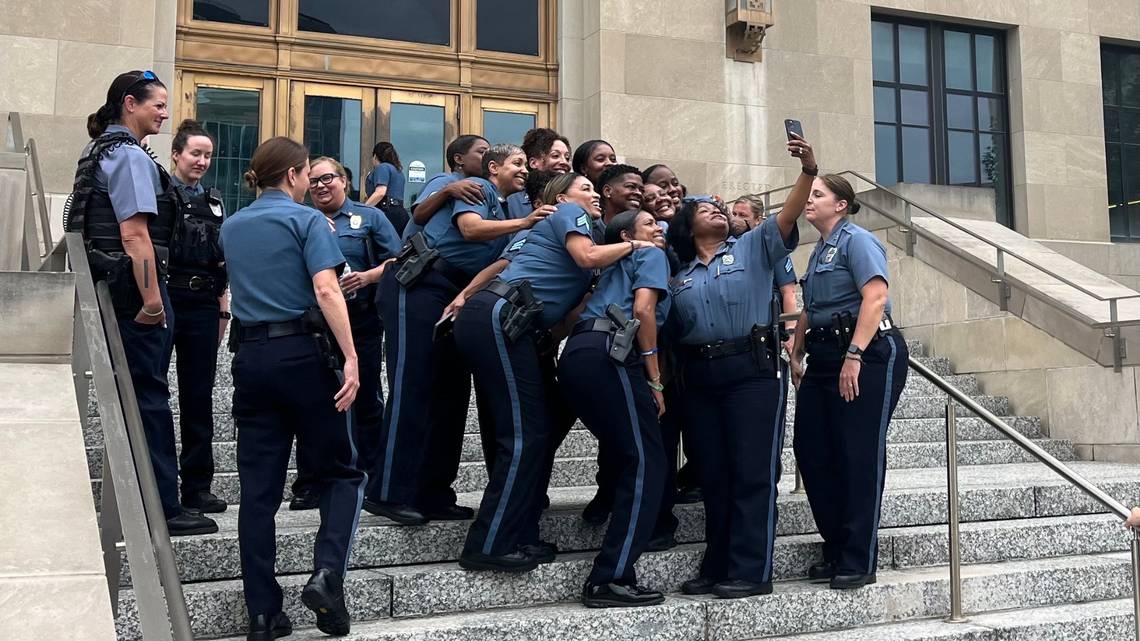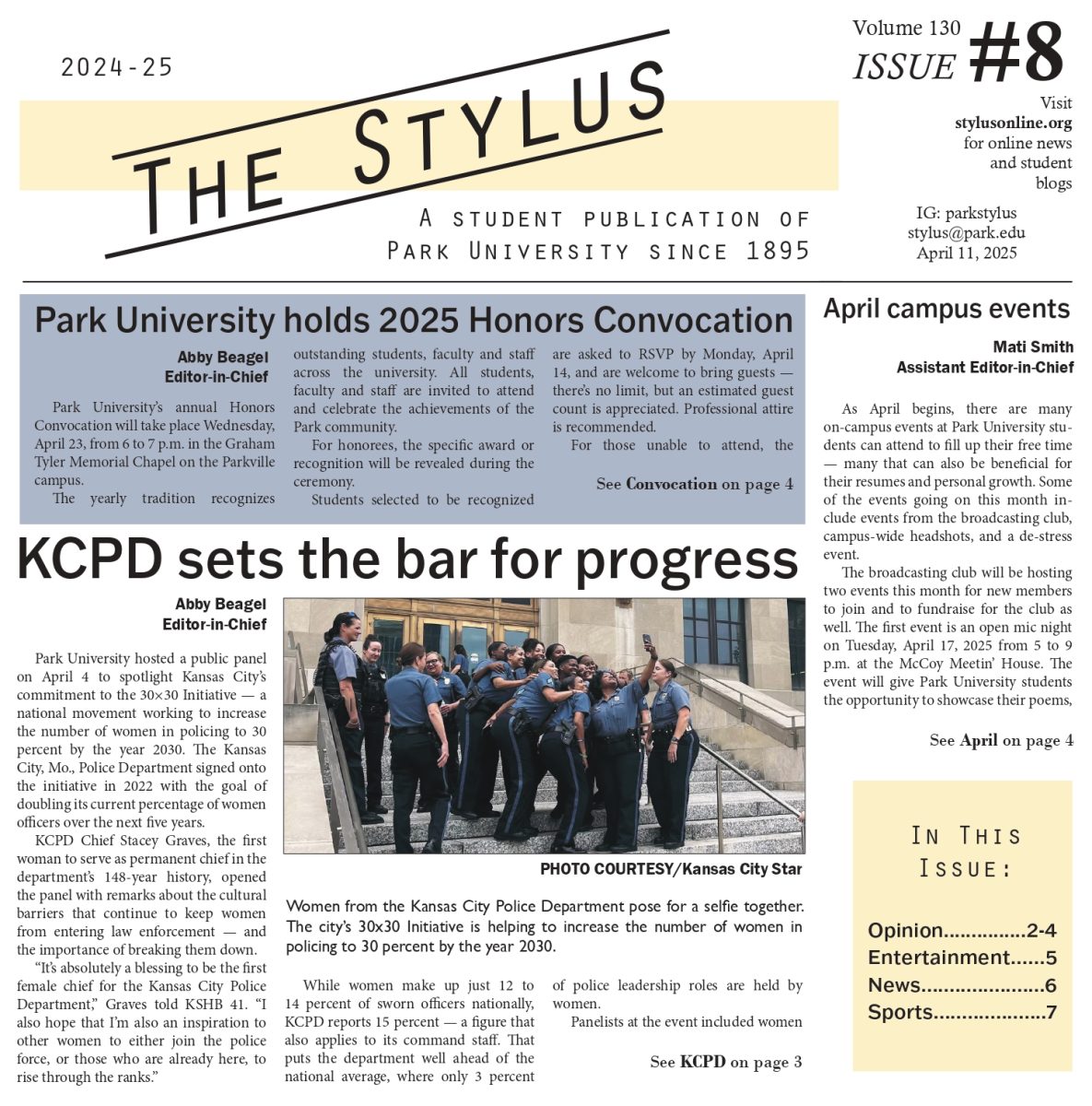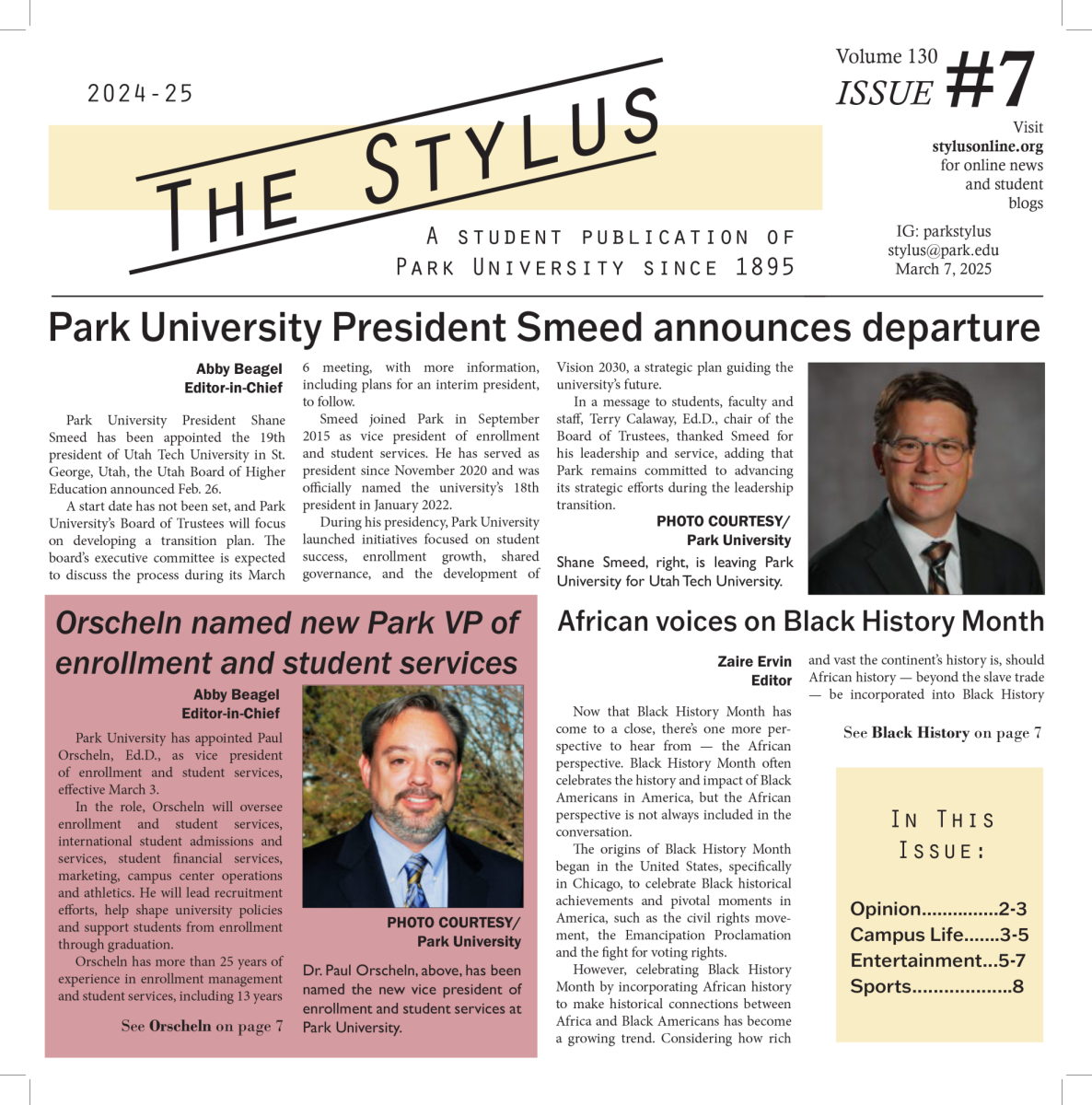James Bamber’s laugh is hearty, strong and can be heard far away echoing throughout the hallways nearest to him. As a general rule, he laughs, tells jokes, and smiles often—even when he is under stress. Today, when rain is coming down from a water hose, over-soaking every tree, plant, and person outside, he laughs. And then he sighs.
Bamber, 28, has been working and going to college for five years and his shoulders are low. Currently, he works at Tyco Integrated Security as a web administrator on the weekends, pulling in 28-32 hours per week. On the weekdays, he works on getting his software engineering degree. Fifty percent of his income goes to pay for his tuition. The rest, he says, goes to pay for the cost of living, paying rent, and paying his car bill.
Managing 15 credit hours and a 30 hour work is not easy, and can, according to Bamber, lead to a number of conflicts between work and school.
“Since I’m in the software engineering degree,” he says, “we have to take a class with programming and what-not and sometimes you’re not able to get to program in time or dive into it as quickly as you would like to. Then, when work comes around, it takes up all your time and you can’t complete it”
“Even if you organize it properly,” he says, “and dedicate a class and the homework to a particular day. Sometimes you aren’t able to complete it because there is so much that has to be done for an assignment. There are so many details that you aren’t going to be able to complete and you can’t do at it at work.”
Homework isn’t the only cause of stress according to Bamber, especially when your livelihood is tied to your job. This can lead to additional pressure to focus on work instead of school.
“You also deal with a lot of stress from people at work,” he says, “you worry that if something is not handled in the proper time frame it is going to look bad on you so everything has to be taken care of and then as you are worrying about school and getting that assignment completed, that kind of falls on the back-burner. Work is your initial focus at that particular time. It can come back and reflect home life as well.”
Work and school strains Bamber’s home life extensively. Bamber and his wife, Lauren, were married during the spring of 2010. Since then, Lauren has graduated from Park with an English degree. She works 40 to 60 hours per week.
“I usually get back from work at 10 o’ clock,” he says. “She’s already home and she’s usually tired after the day. We really only have one day together each week. It’s a pain.”
His eyes are now to the left and he shakes his head slightly and then looks back up.
“I’m going to have my degree after the end of next semester,” he says.
And then he smiled.








